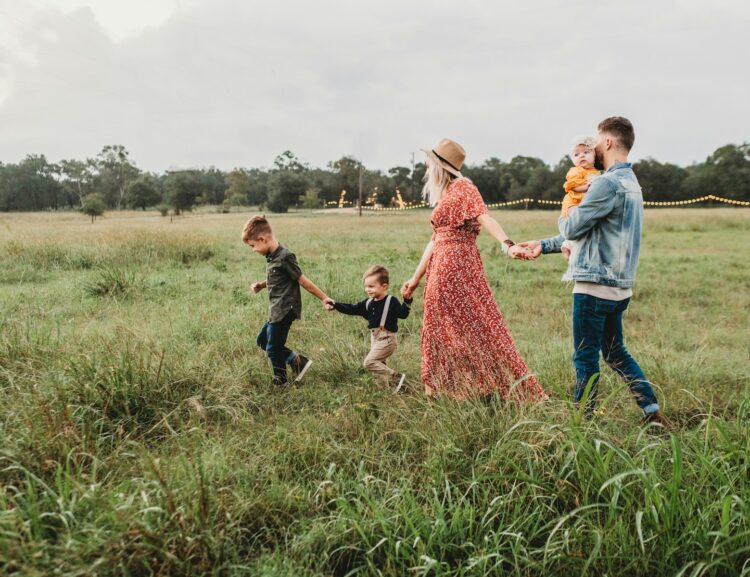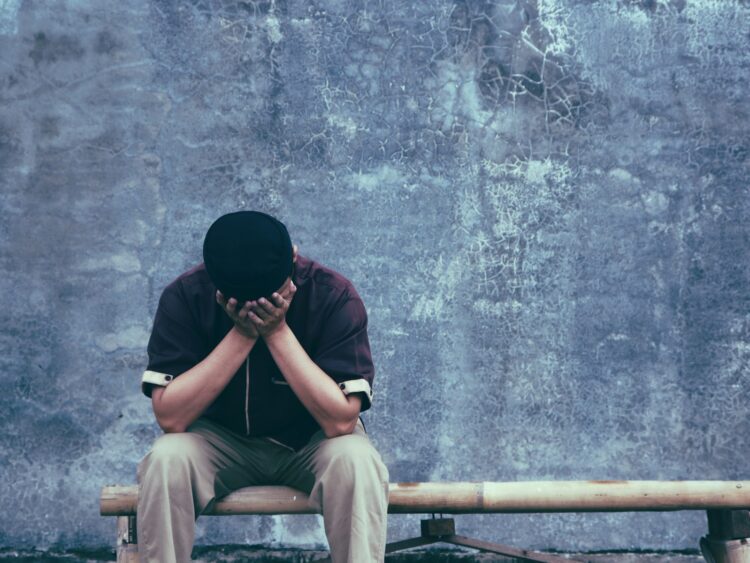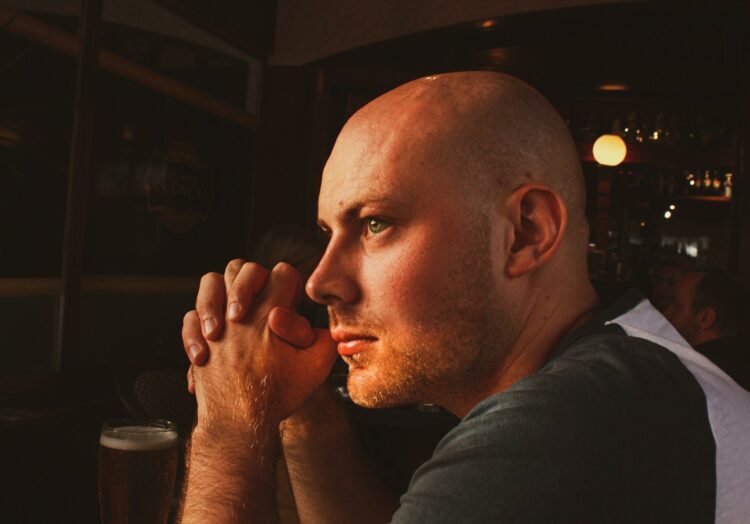
Letting go of religion is rarely a clean break. Doubt may start in the mind, but the heart carries years of conditioning, community ties, and unspoken fears. These fears often feel bigger than belief itself. For many, the thought of leaving feels like tearing out a part of themselves, even if they no longer accept the teachings. Here are 15 fears that keep people from walking away, even when faith has already faded.
Fear of Losing Family

Religion often weaves itself tightly into family life. Stepping away can mean being treated differently at family gatherings, or worse — being shut out completely. Parents might feel betrayed, siblings may distance themselves, and grandparents may see it as a rejection of heritage. Even if outright rejection doesn’t happen, subtle disapproval can poison relationships.
Fear of Eternal Punishment

Few fears are as deeply rooted as the fear of hell. Many grow up hearing that unbelief means eternal torment, and those stories don’t disappear when belief does. Even people who logically reject the doctrine still feel an instinctive fear: What if it’s true after all? That “just in case” worry lingers like a shadow. For many, staying religious feels safer than risking eternal regret.
Fear of Social Rejection

For those raised in tight-knit religious communities, belonging isn’t optional — it’s survival. Friends, neighbors, teachers, and even business networks are often tied to faith. Leaving risks not just social awkwardness, but outright exclusion. People fear whispers, loss of invitations, or being branded a “bad influence.” Respect and trust can vanish overnight. Even if belief has died, the fear of losing a social circle keeps people attending services, performing rituals, and staying in the fold.
Fear of Starting Over

Religion often provides ready-made answers to life’s biggest questions: Who am I? Why am I here? What happens after I die? When you let go, those answers vanish, and the blank space feels terrifying. Creating a new worldview from scratch requires vulnerability, curiosity, and time. Many fear getting lost in uncertainty. Doubt is uncomfortable, but uncertainty feels like freefall. For some, it feels easier to hold on to the familiar, even if it no longer feels true.
Fear of Losing Morality

Many religions teach that without faith, people would spiral into immorality. Even when someone stops believing, that voice lingers: What if I become selfish, cruel, or directionless without rules? This fear makes people cling to rituals, not out of conviction but out of caution. The truth is, morality also comes from empathy, reason, and community — but when all you’ve heard is “faith keeps you good,” stepping away feels like walking into danger.
Fear of Disappointing Loved Ones

The fear here isn’t always rejection. It’s the heartbreak of letting people down. Parents may see leaving religion as a failure. Partners may feel betrayed. Grandparents may look at you with quiet sadness. That disappointment can weigh more than anger. For many, keeping the peace feels easier than watching the pain in someone else’s eyes. Religion becomes less about belief and more about protecting relationships.
Fear of Loneliness

Religion provides built-in community: people to see weekly, rituals to share, support in tough times. Leaving can feel like stepping into silence. Even if belief is gone, the routine of gathering, singing, or praying gives comfort. The fear of losing that social fabric is powerful. Loneliness isn’t just inconvenient — it’s crushing. Many stay not for doctrine but for the sense of belonging, because walking away means risking years of isolation before new connections are built.
Fear of Being Wrong

What if you leave and realize later that you made a mistake? That lingering what-if keeps many people frozen. Even when evidence and reason point away from faith, the fear of future regret makes doubt feel safer than departure. Nobody wants to gamble with their soul, their afterlife, or their identity. This fear often keeps people straddling the line: outwardly religious, inwardly uncertain, unwilling to risk the possibility that leaving was the wrong call.
Fear of Losing Purpose

Religion often gives life structure: every action has meaning, every suffering has a lesson, every day has direction. Without it, life can feel random and heavy. The fear of waking up with no “greater reason” for existing is daunting. Many cling to belief not because it feels true, but because it gives them purpose. The idea of building meaning on your own feels overwhelming. Doubt is easier to live with than the thought of drifting through a purposeless universe.
Fear of Conflict

Religion often thrives on harmony in the group. Stepping away introduces conflict. For many, the fear isn’t about belief at all — it’s about the constant tension leaving will create. Nobody wants every family dinner to turn into a fight. Staying religious on the surface, even if hollow inside, feels easier than navigating endless battles. Conflict avoidance becomes a quiet prison.
Fear of Betraying Culture

Religion is often more than belief. It’s also festivals, food, music, language, and identity. Leaving can feel like rejecting your ancestors or betraying your roots. People fear being seen as “less” of their culture, or as abandoning heritage. Even if the theology feels empty, the rituals feel like home. Many stay because they don’t want to lose cultural connection, or because they can’t imagine holidays, weddings, or funerals without religion woven through them.
Fear of Losing Support Systems

Religious communities often provide tangible help: meals when you’re sick, childcare, job leads, financial aid, or simply people who show up in crisis. Walking away risks losing that safety net. The fear isn’t abstract — it’s practical: Who will help me if something goes wrong? Even if belief is gone, the comfort of knowing there’s always a network to lean on keeps people tied to religious groups longer than they’d admit.
Fear of Displeasing a Higher Power

Even when formal belief fades, many feel an instinctive pull: What if God is real, and I’m angering Him by walking away? Childhood prayers, teachings, and warnings create a lingering sense of surveillance. People stay, not out of devotion, but out of fear of unseen consequences. It’s a quiet superstition wrapped in religious language — a fear that letting go might invite disaster, even if logic says otherwise.
Fear of Uncertainty About Death

Religion offers comforting narratives about what happens after we die — heaven, reincarnation, eternal reunion. Letting go means facing the unknown. The fear of death without certainty is overwhelming for many. Even if faith no longer feels true, the comfort it provides about mortality is hard to release. For some, staying religious isn’t about life at all — it’s about fear of what comes after.
Fear of Admitting Change

Leaving religion isn’t just about beliefs; it’s about admitting you’ve changed. For many, that feels like betraying their younger self or their past. Saying “I don’t believe anymore” feels like erasing years of prayers, rituals, and moments of comfort. It’s easier to keep going than to face the grief of change. The fear of saying “I was wrong then, and I’m different now” holds many back.

